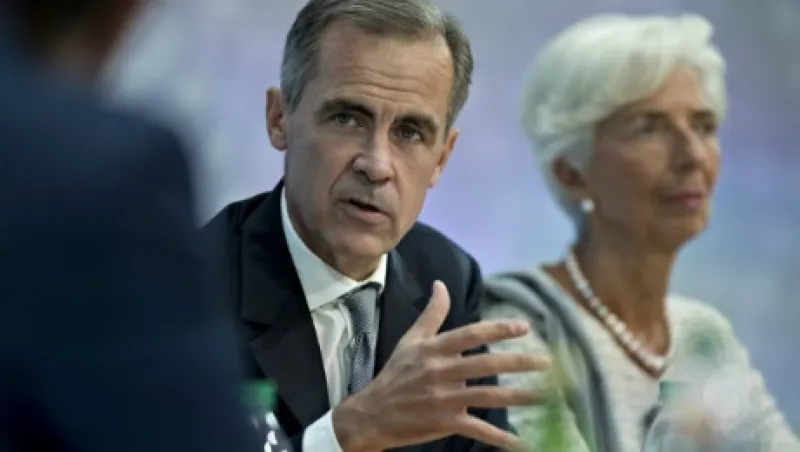
Daily Agenda: Macro Uncertainties Weigh on Investors’ Minds
Pound sterling experiences flash crash; Merrill moves to retirement fees; Schwab joins ETF cost-cutting; protectionism hot topic at IMF.
Andrew Barber
October 7, 2016


